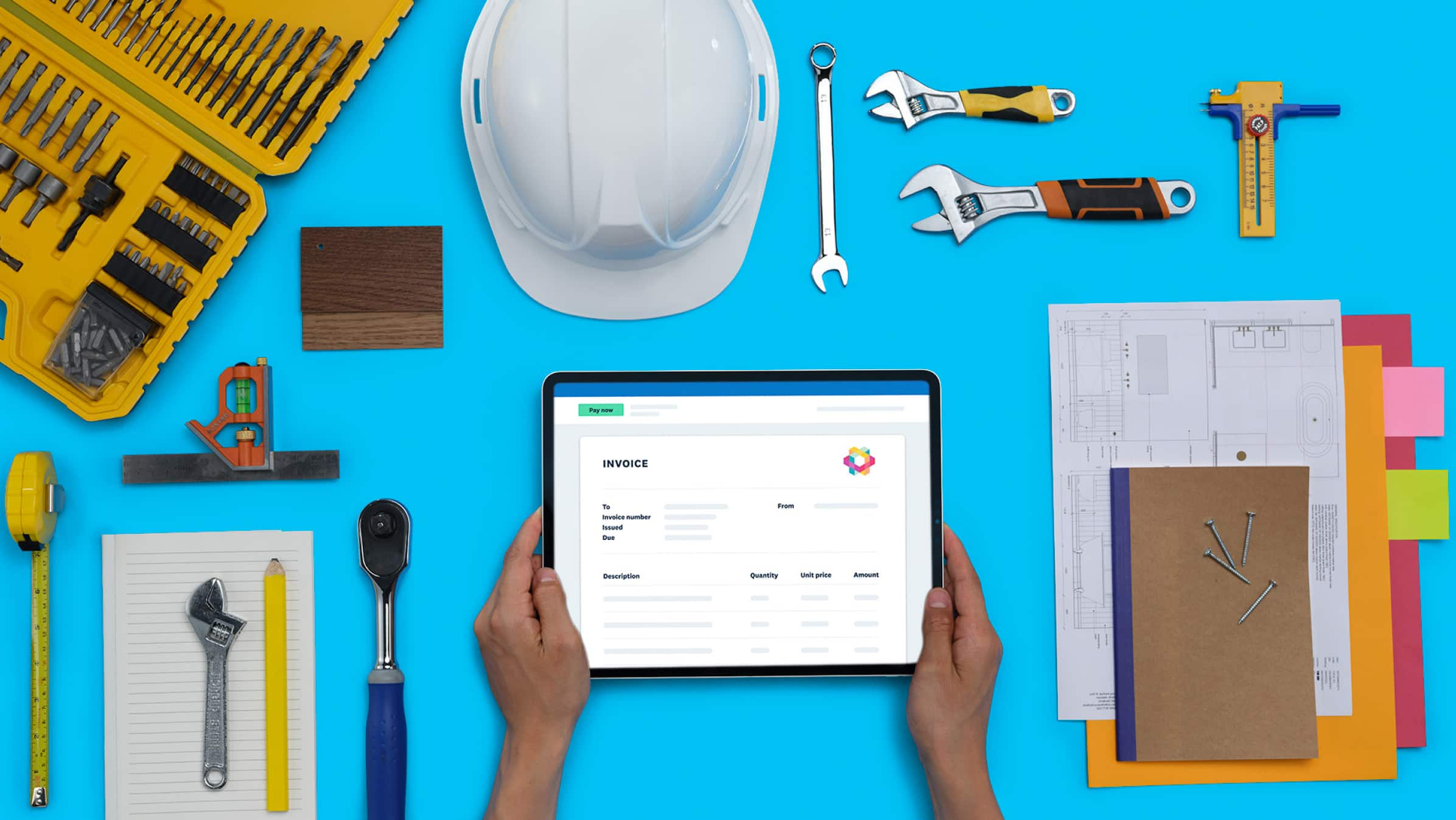What’s the difference between hard costs and soft costs in construction?
We explore the difference between hard and soft costs in construction, along with how to manage them effectively.

Published Thursday 25 January 2024
Construction projects can be lengthy and expensive endeavours, and require careful financial planning to ensure they’re profitable. To do this successfully, one key aspect to understand is the difference between construction hard costs and soft costs.
If you’re responsible for a construction’s project management you’ll need to differentiate between these hard and soft costs so you can sufficiently account for them, manage your cash flow, and ultimately deliver the entire project within your budget. What’s more, your hard and soft costs will change from job to job so you’ll need to pay close attention to them.
What are hard costs in construction?
Hard costs are directly related to the physical construction of a building, for instance manual labour or building materials.
Examples of hard costs
When working in construction there are three main hard costs:
1. General contractor costs, including:
- Labour costs
- Overhead
2. Subtractor costs, including:
- Electrical
- Plumbing
- HVAC
3. Equipment and raw materials, including:
- Structural materials
- Finish materials
- Fixtures and appliances
- Furnishings
- Plants
What are soft costs in construction?
Soft costs aren’t directly related to physically constructing a building but are still necessary for the build to happen successfully. This includes any architect and design services you enlist, as well as financing and administration expenses.
Examples of soft costs
Soft costs might include:
- Architect and engineering services
- Landscape and interior designers
- Site analysts
- Financing
- Legal fees
- Administration fees
When do these costs occur?
Hard costs tend to occur at the beginning of a project when you’re purchasing the required supplies and materials needed to carry out your build. These costs will continue throughout the physical construction of the building. Once the construction is complete your hard costs will come to an end.
Soft costs have a longer life cycle as they can happen at any point across the whole project timeline, not just in preparation for and during construction. For instance, you can expect to have soft costs during the planning phase as you engage architects and check legalities of your proposed build.
There will be additional soft costs during the construction process, for example providing on-site insurance, and also after the building is completed such as during the inspection and management stages if your real estate enters the market. Only once the whole project is finished will your soft costs end.
How do these costs affect a construction project’s cash flow?
On the whole, hard costs tend to be easier to prepare for, as long as you accurately record what you need to complete your build, as the prices for materials and labour are often predictable. You can get a handle on your hard cost estimations by listing the materials and equipment you may need for the project and getting comparison quotes for prices in the location where your build is happening. Similarly, labour costs can be researched ahead of time by looking into similar projects nearby and finding out how much they cost.
In comparison, soft costs can be trickier to forecast as they are more changeable and last throughout your project (not just during the preparatory and construction phases like hard costs). For example, unexpected legal challenges. In order to prepare for your soft costs, it’s worth considering all possible situations that might occur, including best and worst case scenarios, to forecast a range of prices for each individual soft cost.
You can record these soft costs estimates, alongside your hard cost predictions, in a cash flow forecast template to help you keep track.
Find more tips on how to manage and improve cash flow in trade and construction here.
How to track costs during a construction project
Keep track of your hard and soft costs using Xero’s job costing software and accounting software for construction and trades. You can integrate your data between Workguru and Xero to make job costing even easier and more streamlined.
Need extra support? Learn about Xero’s accounting software for construction companies, or explore our selection of guides covering all aspects of managing your construction business.
Disclaimer
Xero does not provide accounting, tax, business or legal advice. This guide has been provided for information purposes only. You should consult your own professional advisors for advice directly relating to your business or before taking action in relation to any of the content provided.
Start using Xero for free
Access Xero features for 30 days, then decide which plan best suits your business.